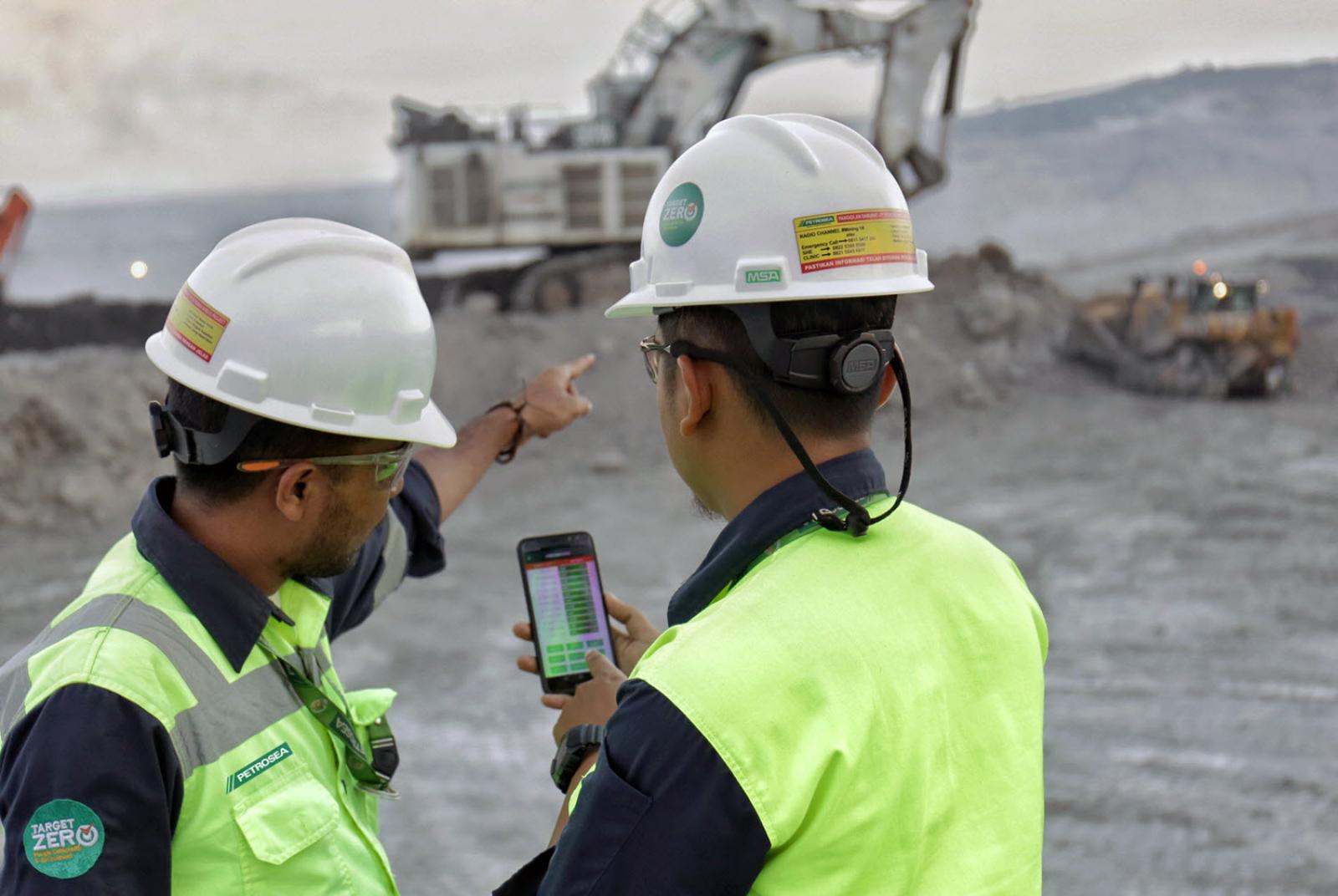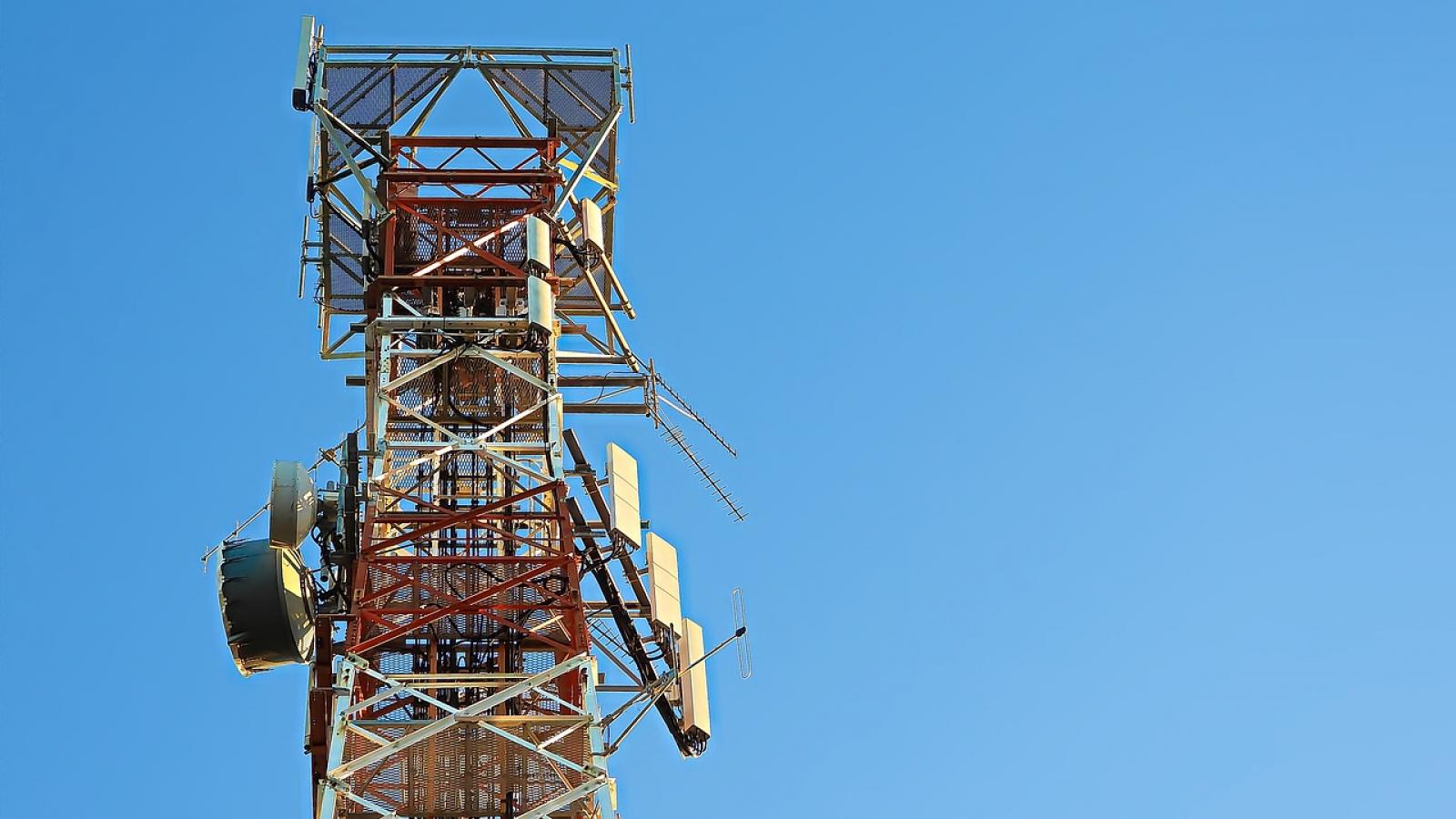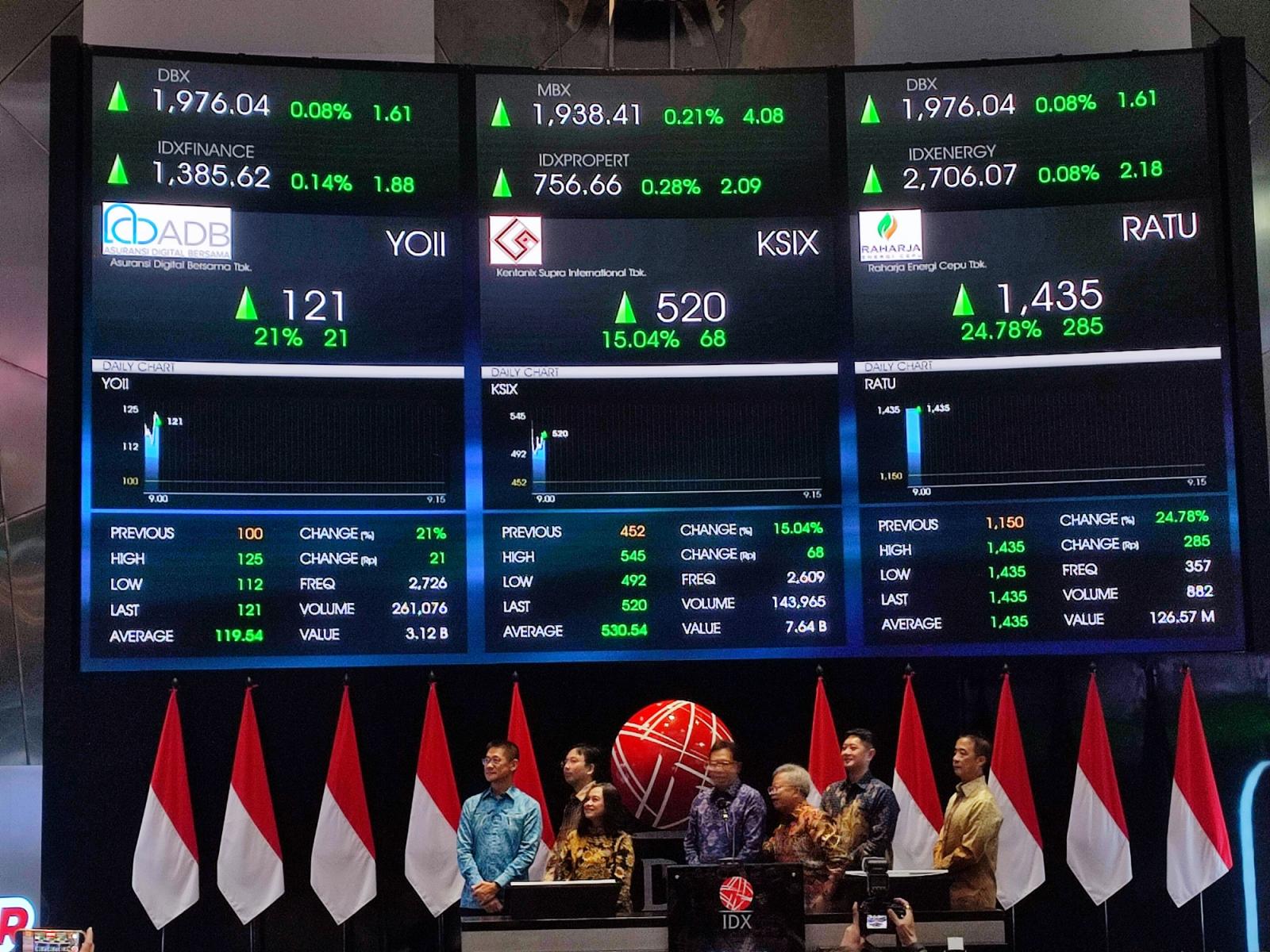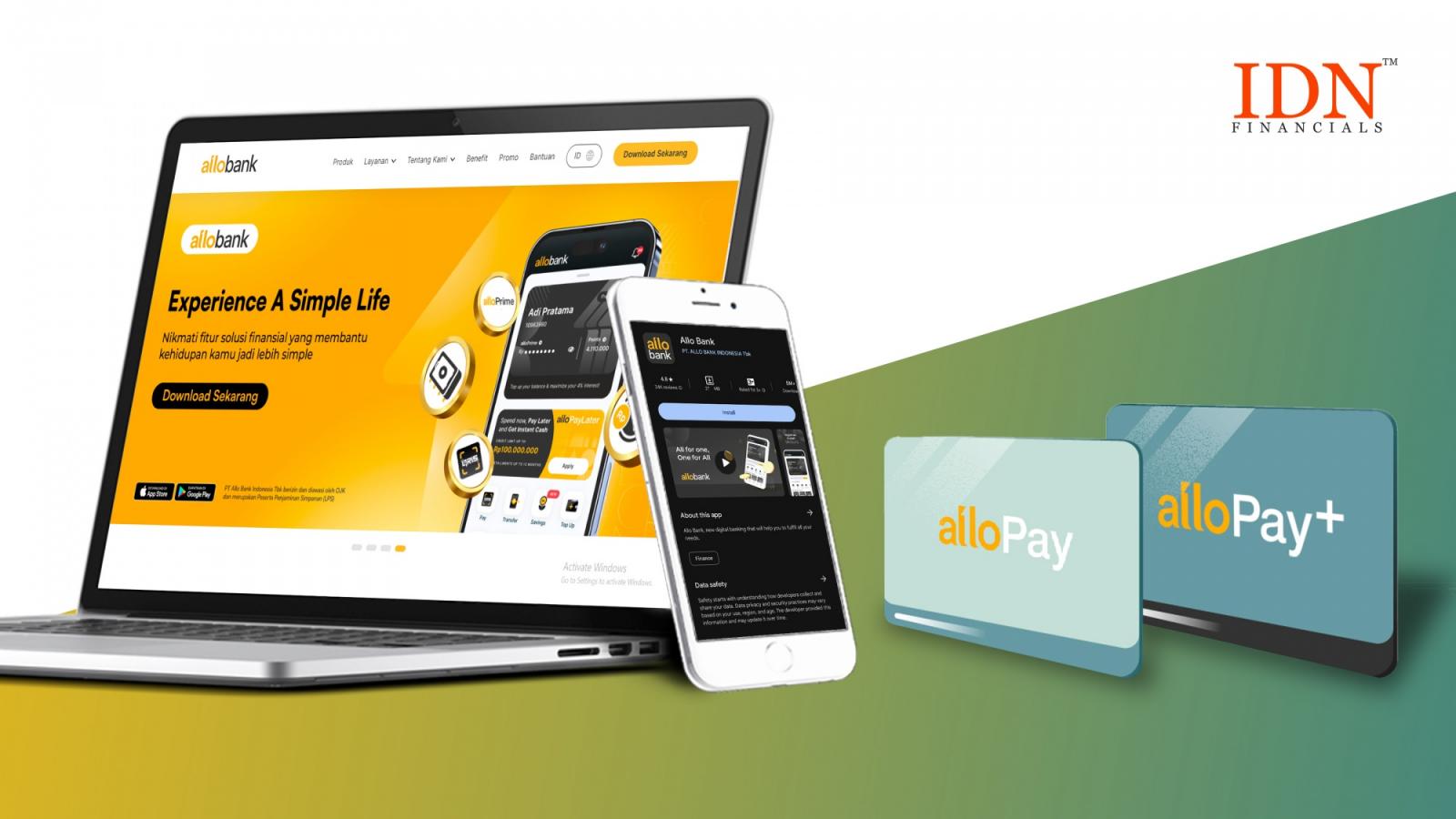El Salvador will make Bitcoin acceptance by merchants voluntary and limit public sector involvement in Bitcoin activities as part of a $1.4 billion loan agreement with the IMF.El Salvador’s rapport with the IMF soured following President Bukele’s decision to make Bitcoin a legal tender in September 2021 and later unveiling initiatives for the government to acquire one Bitcoin each day.
El Salvador has long been a key player in the global cryptocurrency conversation, particularly after it made history in September 2021 by becoming the first country to adopt Bitcoin as legal tender. Recently, this Central American nation has once again captured attention by implementing significant changes to its Bitcoin policy.
These changes are aimed at mitigating the risks associated with cryptocurrency while also complying with the terms of a $1.4 billion loan agreement with the International Monetary Fund (IMF). The IMF has indicated that this agreement is intended to stabilize the country’s finances and address its rising debt-to-GDP ratio, offering funding over a 40-month period.
Notably, the government intends to make Bitcoin acceptance by merchants optional, departing from its earlier approach of mandating usage. The administration will also cease its involvement with the Chivo wallet, the world’s first national Bitcoin wallet created to facilitate transactions in both dollars and Bitcoin. As part of its strategy, El Salvador will limit the public sector’s engagement in Bitcoin-related activities.
El Salvador’s Evolving Stance on Bitcoin and Cryptocurrency
Despite recent legislative changes, El Salvador remains steadfast in its commitment to Bitcoin. The government has pledged to purchase one Bitcoin daily, underscoring President Nayib Bukele’s strong conviction in the cryptocurrency’s long-term potential.
As of December 16, El Salvador’s Bitcoin holdings were valued at over $632 million, comprising a total of 6,188 BTC. The country has invested approximately $270 million in Bitcoin, resulting in an unrealized profit of $362 million. This move comes in response to the fact that more than 70% of the population lacks access to traditional banking services, leaving many citizens without essential financial resources.
In a broader regional context, El Salvador is also fostering collaboration within Latin America’s cryptocurrency ecosystem. As we reported on December 13, El Salvador and Argentina announced a partnership aimed at advancing the development of the crypto industry across the region.
In addition, crypto exchange Bitget successfully secured a Bitcoin Service Provider (BSP) license from El Salvador’s Central Reserve Bank, allowing it to provide Bitcoin services, such as exchange, payment, and custody options within the country. El Salvador’s positive attitude toward cryptocurrency has also drawn the interest of major corporations like McDonald’s, Pizza Hut, and Starbucks. As of now, Bitcoin is trading at $101,585, reflecting a 2.55% decrease in the last 24 hours and a slight increase of 0.58% in the last week.
Buy Bitcoin GuideBitcoin Wallet TutorialCheck 24-hour Bitcoin PriceMore Bitcoin NewsWhat is Bitcoin?





